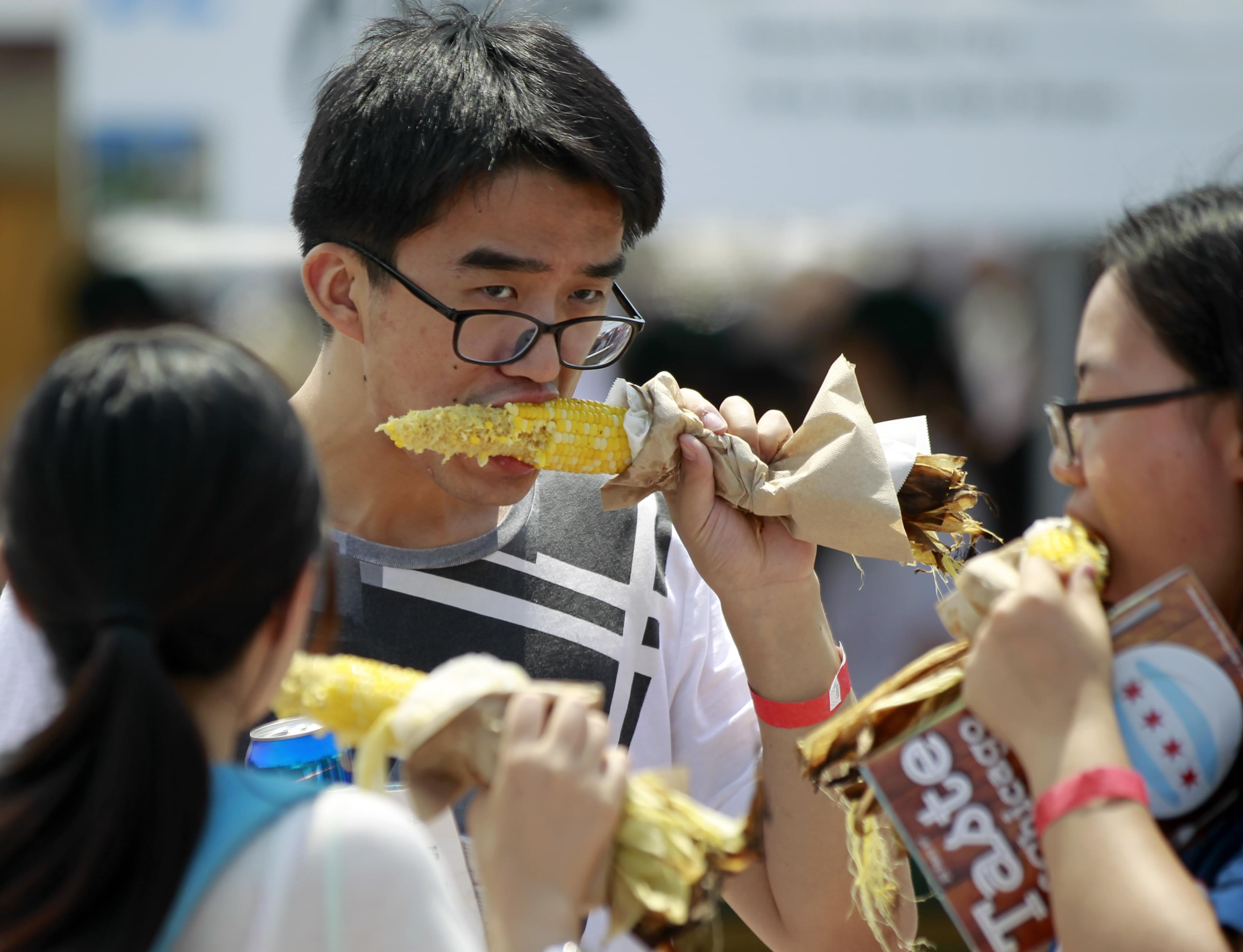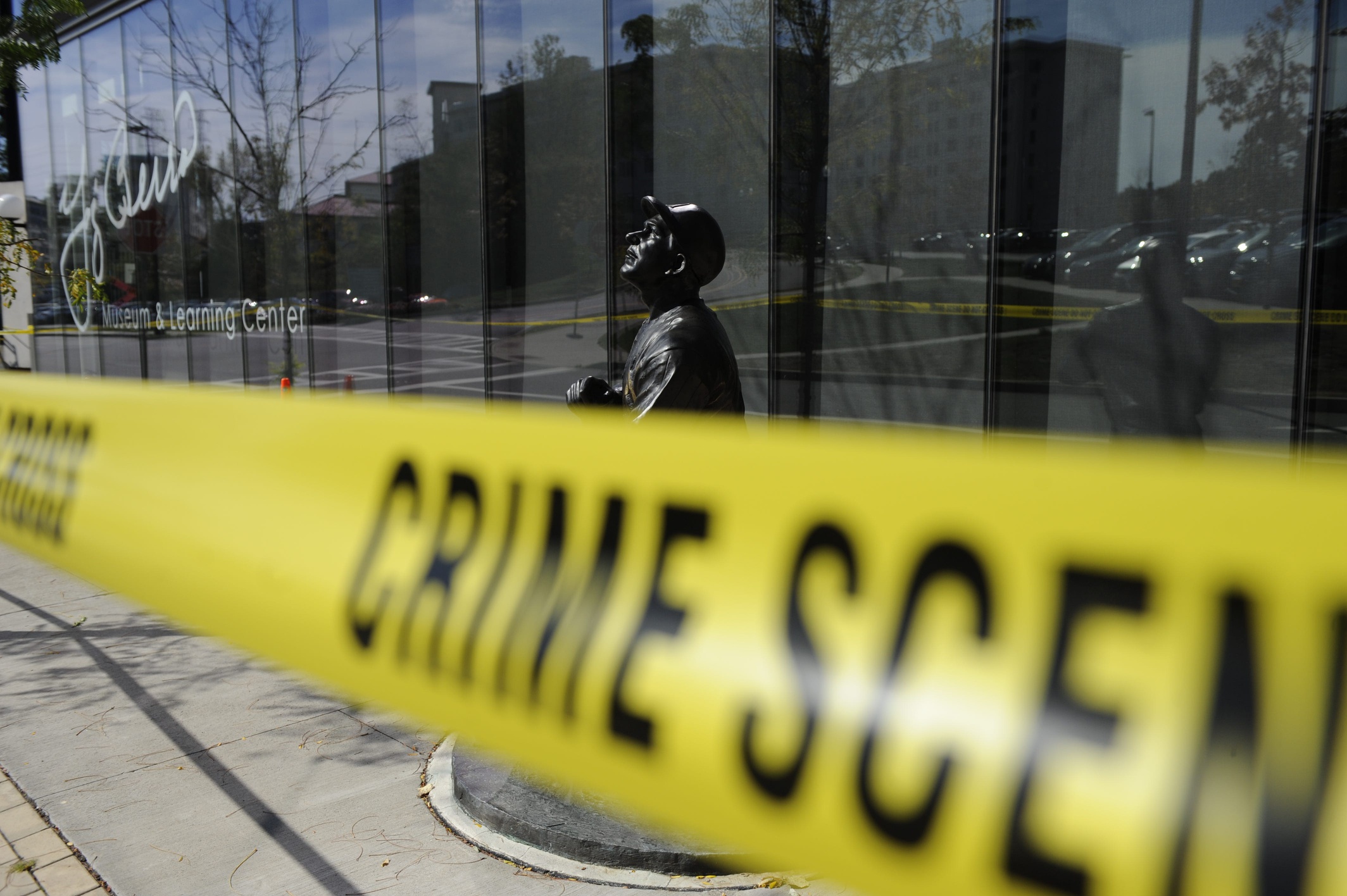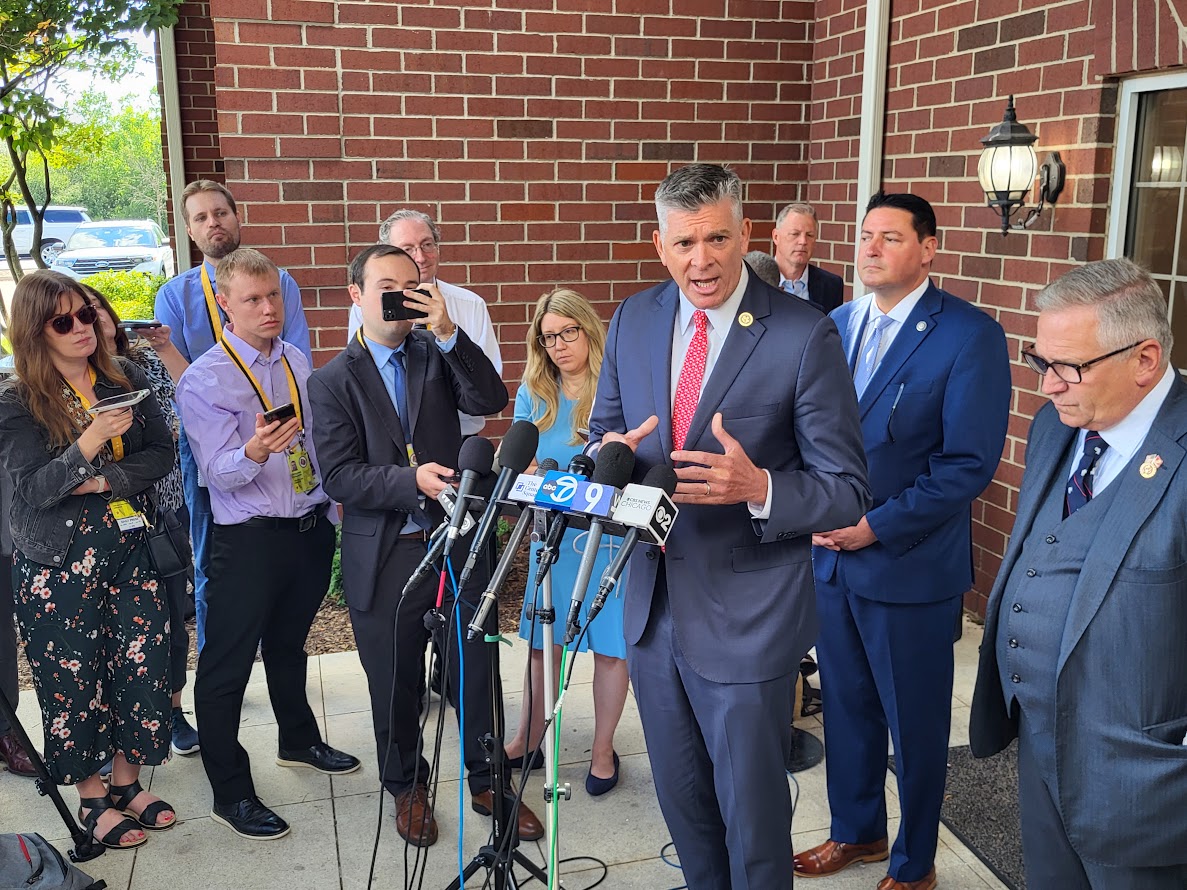(CHICAGO) Chicago has finally agreed to license a ride-sharing giant whose investors include Mayor Rahm Emanuel’s brother, but only after Uber signed off on strict new security measures to protect riders after two of its drivers were charged recently with sexual attacks.
The decision to issue a “transportation network provider” license to Uber comes nine months after a divided City Council approved the mayor’s ride-sharing ordinance and three months after Lyft and Sidecar were granted similar licenses, the Chicago Sun-Times is reporting.
It also follows painstaking negotiations between City Hall and Uber that produced a promise to go above and beyond both city requirements and the “panic button” Uber has already unveiled.
Sources said the city license is contingent on Uber’s promise to:
– Cooperate “to the full extent possible with police investigations that involve police complaints stemming from rides on the company’s platform” or complaints against its drivers “whether or not the platform was actually used to secure the ride.”
– Use up to 10 off-duty police officers to conduct monthly “real-time audits” that “monitor, track and correct any quality or safety issues.” The secret shoppers must be hired by an “independent third party” to, among other things, make certain the driver name, photo and license plate number matches the information on the driver’s Internet application.
– Implement a notification system to promptly alert City Hall whenever drivers are deactivated for criminal charges or safety concerns.
– Offer an “in-app” safety checklist to be displayed to each new user before rides are requested, in addition to the driver’s “photo, name, vehicle make and model, license plate number and driver rating.”
– Use GPS to track the “time and route” of each ride for the purpose of providing data to the city “should an incident occur” and “without a demand for a court-ordered subpoena.”
– Give riders the option of using the app to “share an estimated time of arrival with select individuals,” such as family and friends.
– Check the city’s list of “suspended, denied and revoked” chauffeur’s licenses on a weekly basis and “immediately deactivate” those who appear on the list.
– Implement a “physical identification” system for drivers that uses a “prominently displayed Uber trade dress or emblem” to make it easily visible to passengers and law enforcement personnel.
– Conduct “multi-layered background checks” that go back seven years to search for “DUI violations, drug-related driving infractions, any crimes related to alcohol and drugs and any crimes with sexual elements or involving minors.”
– Implement a “zero-tolerance policy” for driving under the influence of alcohol and either legal or illegal drugs that impair driving ability. The policy must be “communicated clearly” to drivers in all training and materials. Uber must also have staffers available around the clock to investigate rider complaints.
Last month, mayoral challenger Ald. Bob Fioretti (2nd) accused Emanuel of political favoritism, pointing to the conflict posed by Hollywood super-agent Ari Emanuel’s investment in Uber.
Fioretti charged that Emanuel passed weak ride-sharing regulations and failed to tighten them, even after charges were filed in those two alleged sexual attacks on Uber X passengers.
Transportation Committee Chairman Anthony Beale (9th) joined Fioretti in the demand for tighter regulation and advised Chicagoans not to use Uber until safeguards are implemented.
The strings attached to Uber’s new license give Emanuel an opportunity to counter the favoritism charge.
“Mayor Emanuel has made it clear that Uber would not be licensed in Chicago unless they implement and maintain strong public safety measures that will protect all riders,” mayoral spokeswoman Elizabeth Langsdorf said in an email to the Chicago Sun-Times.
“The city has been working with Uber over the last several weeks to . . . ensure they address several safety concerns. . . . We are now at a point where we are confident that the company is implementing necessary additional measures to ensure public safety . . . because they have met the strong public safety standards that the city demanded, Uber is being licensed as a ridershare provider.”
Beale said he’s satisfied his concerns have been addressed.
“If they’ve been licensed, all the safety issues have [been addressed] and the playing field [with taxis] has been leveled, I don’t have a problem with it,” Beale said.
Does that mean he’s now comfortable enough to ride Uber?
“Me personally? No. I would not use Uber. That’s just me. That’s my personal opinion. I’m just not comfortable with Uber,” Beale said.
Beale isn’t the only one who’s still not comfortable with Uber.
The United Taxidrivers Community Council has called for a cabdrivers “day of action” from 6 a.m. to 10 a.m. Tuesday to protest UberX’s “growing threat to the traditional cab business.”
The union hasn’t said what it plans to do during those hours. But it claims that Uber now has 13,000 drivers who “steal” 2 million rides a month away from Chicago’s taxicab industry.
That has forced 3,000 cabdrivers to abandon their taxis and leave the industry, possibly forcing small fleet owners and single-medallion owner operators into bankruptcy.
“If Uber drives cabs out of business, who will serve the majority of Chicagoans who do not own smartphones?” UTCC Secretary Peter Ali Enger was quoted as saying in a press release.
Yet another union vying to organize Chicago cabdrivers, Cabdrivers United/AFSCME Council 31, is planning its own protest for 10:30 a.m. Wednesday.
AFSCME officials claim there has been “little-to-no enforcement” of the ride-sharing regulations, putting cabdrivers and the riding public “at risk.”
–Sun-Times
© Copyright 2015 Sun-Times Media, LLC









